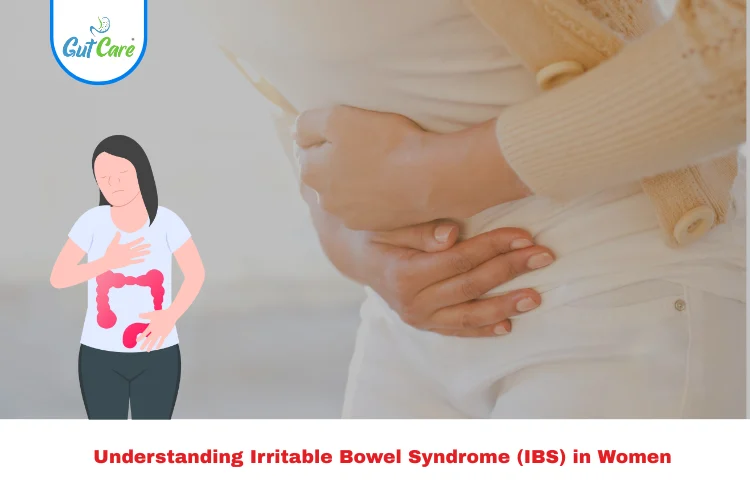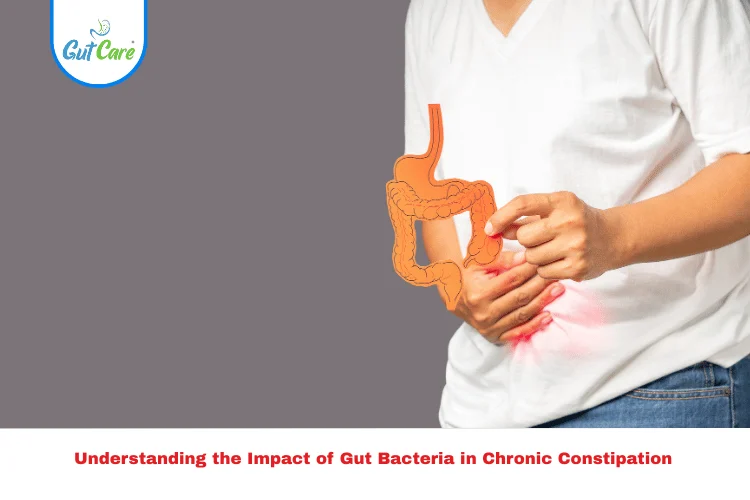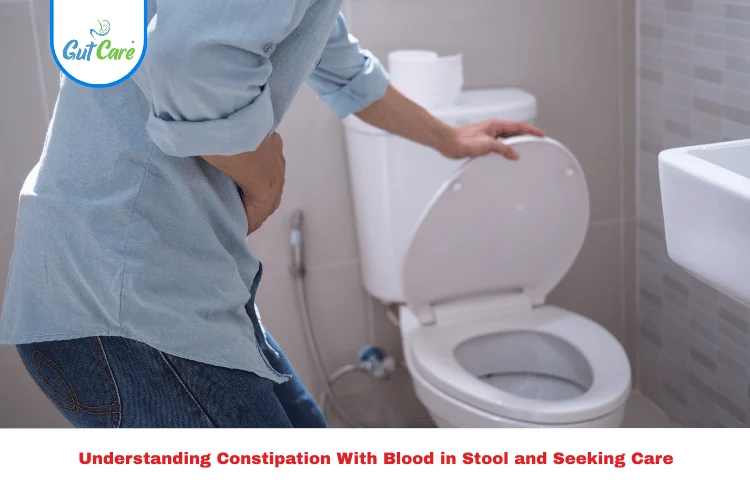Irritable Bowel Syndrome (IBS) is a very common and prevalent digestive condition that affects millions of people around the world. Most studies have defined women to be much more likely to have IBS than men. At Gutcare Clinics, which is a center of excellence for digestive health in Bangalore, we see many women who have IBS and want to come to see why they will have symptoms of gas or bloating, abdominal cramps or discomfort, and also diarrhea or constipation. We discuss why women are much more likely to have IBS, what the causes are, symptoms, treatment options, and when to see a gastroenterologist.
What is Irritable Bowel Syndrome (IBS)?
Irritable Bowel Syndrome (IBS) is a functional disorder of the gastrointestinal system. This means there are no observable signs of injury to the digestive tract, but the symptoms are ongoing, uncomfortable, disruptive, and painful. IBS specifically affects the large intestine and includes symptoms of:
- Cramping or abdominal pain
- Bloating
- Gas
- Diarrhea or constipation (or alternating between both)
There is no cure for Irritable Bowel Syndrome, but when treated and managed appropriately, it can be manageable relatively well through treatment and lifestyle changes.
Why Are Women More Prone to IBS?
1. Hormonal Differences
One of the leading reasons women are more prone to IBS is hormonal fluctuation. Changes in estrogen and progesterone levels, particularly during menstruation, pregnancy, or menopause, can significantly impact gut motility and sensitivity.
- Estrogen affects the way the gastrointestinal tract contracts, potentially slowing or speeding digestion.
- Many women report worsened IBS symptoms around their menstrual cycle.
2. Sensitivity of gut-brain axis
The gut-brain connection is crucial in understanding IBS. Women tend to be more sensitive in general to the gut-brain axis which makes them more susceptible to stress, anxiety and depression – all of which are strongly associated with exacerbations of IBS.
3. Microbiome differences
Emerging studies have reported differences between men and women in gut microbiota composition. Women may experience a gut environment that is more reactive to dietary triggers or infections, ultimately making them more susceptible to developing IBS.
4. Psychological factors
Women are statistically more likely to experience anxiety and depression than men, two of the closest variables associated with IBS. Stress can lead to worsening of gut symptoms, which is a documented vicious cycle in IBS patients.
Common IBS Symptoms in Women
Women with IBS may experience unique or more intense symptoms, including:
- Increased bloating and water retention
- Constipation-dominant IBS (IBS-C)
- Menstrual-related symptom flare-ups
- Pelvic pain
- Fatigue and sleep disturbances
How to Manage IBS in Women
1. Diet Modifications
Diet modifications, especially a low FODMAP diet, are often recommended for IBS, as it limits fermentable carbohydrates that produce gas and bloating.
Benefits:
Less bloating and abdominal pain
Improved bowel habits
How to do this:
Consult with a dietitian to slowly eliminate and reintroduce high-FODMAP food such as onions, garlic, beans, and dairy.
2. Probiotics
A probiotic will help restore the gastrointestinal microflora to more normal levels.
Benefits:
Better digestion
Decreased inflammation
Better regularity of bowel movements
How to do this:
Use probiotics that your doctor may recommend and use it for at least 4-6 weeks to monitor improvement.
3. Stress Reduction Techniques
Chronic stress is harmful to the gut. Stress reduction techniques have been shown to help women with Irritable Bowel Syndrome. Reduced stress can be realized through:
- yoga or meditation
- Cognitive Behavioral Therapy (CBT)
- Breathing techniques
4. Medication
Your doctor may prescribe:
- Antispasmodics for abdominal pain
- Stool softener laxatives or antidiarrheals for bowel laxity
- Antidepressants for chronic pain and mood modification
You should ALWAYS discuss any medications with a medical professional.
When Should You See a Doctor?
If you’re experiencing persistent IBS symptoms that interfere with your daily life, it’s time to consult a specialist. Gutcare Clinics in Bangalore have a team of gastroenterology experts who use advanced diagnostic efforts to assess each patient with Irritable Bowel Syndrome and provide individualized treatment plans.
Seek medical help if you notice:
- Severe weight loss
- Blood in stool
- Extreme abdominal pain
- Persistent diarrhea or constipation
IBS and Women: Myths vs Facts
| Myth | Fact |
| IBS is just a “women’s issue” | IBS affects both genders, but women are more likely to be diagnosed |
| It’s all in your head | IBS is a medically recognized condition with physical symptoms |
| You need a colonoscopy to diagnose IBS | IBS is often diagnosed based on symptoms and medical history |
Living with IBS: A Balanced Approach
Women with IBS face hurdles in managing their condition. Women can benefit from developing a multi-faceted approach to IBS management, including:
- Diet
- Stress management
- Medical treatment
- Community awareness
At Gutcare Clinics, we support women’s journey to take control of their digestive health with evidence-based and supportive care.
Conclusion
The reasons behind the higher prevalence of Irritable Bowel Syndrome (IBS) in women are difficult to disentangle and involve many hormonal, psychological, and biological factors. IBS can be frustrating, but can also be managed well in the right supportive environment though. If your symptoms persist or worsen, definitely go see a gastroenterologist in Bangalore – preferably at Gutcare Clinics where we appreciate the complexities of women’s digestive health care.
FAQs About Irritable Bowel Syndrome(IBS )in Women
1. Why are women more likely to suffer from Irritable Bowel Illness (IBS)?
In general, women go through hormonal changes and perhaps have a more sensitive gut-brain connection, leading them to be more likely to suffer with Irritable Bowel Illness (IBS).
2. How does the IBS experience differ for women vs men?
Women typically present with more bloating, constipation and ways their symptoms flare according to their menstrual cycle and for this reason, IBS in women can be more complicated.
3. Do hormonal changes negatively affect women’s IBS symptoms?
Yes. Hormonal changes that can occur during the menstrual cycle, pregnancy or menopause can all lead to Irritable Bowel Illness.
4. What is the most effective treatment for IBS in women?
The most effective treatment approach would be a low FODMAP diet, stress relief and medical therapy. At Gutcare Clinics we will customize your treatment plan to your symptoms and lifestyle.
5. Why is Gutcare Clinics the best hospital for treating IBS in Bangalore?
Gutcare Clinics in Bangalore uses expert medicine and patient-centered care, has specialized services for women with IBS, and provides expert diagnosis and treatment of IBS, making it the best hospital for managing IBS.




